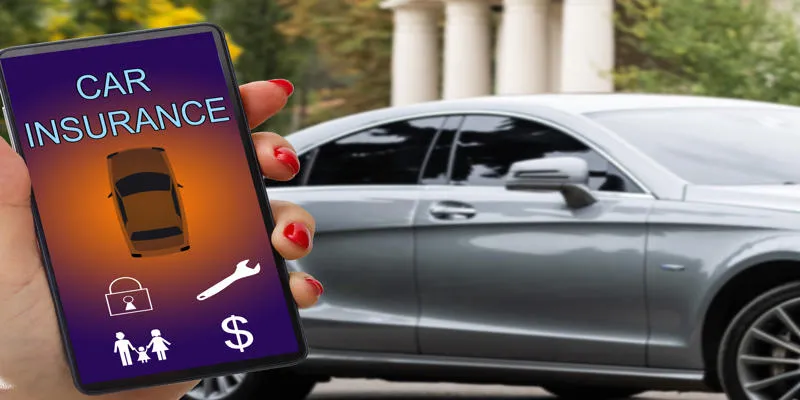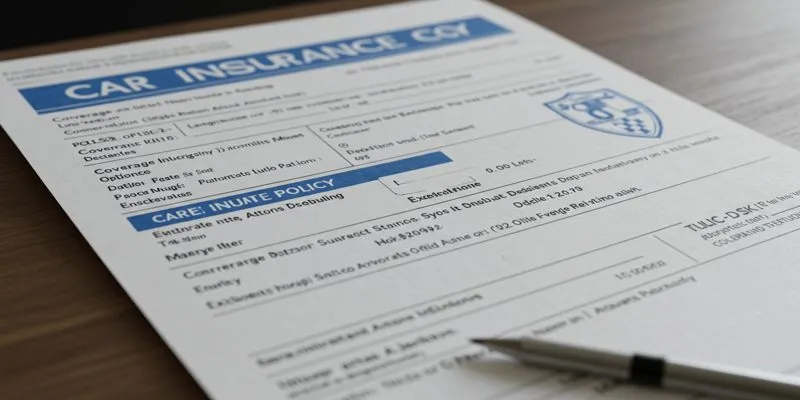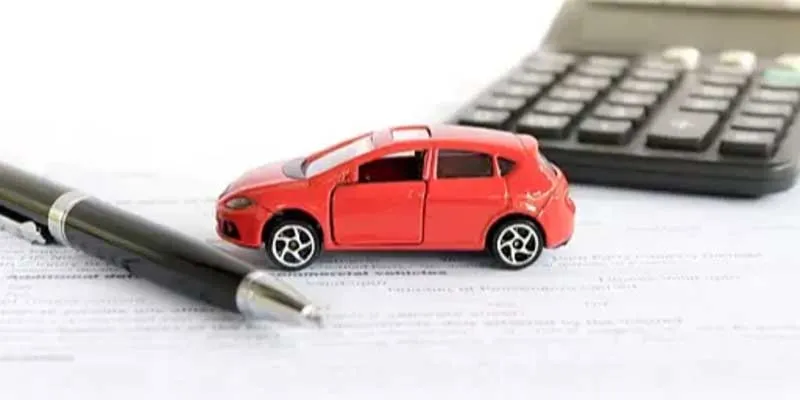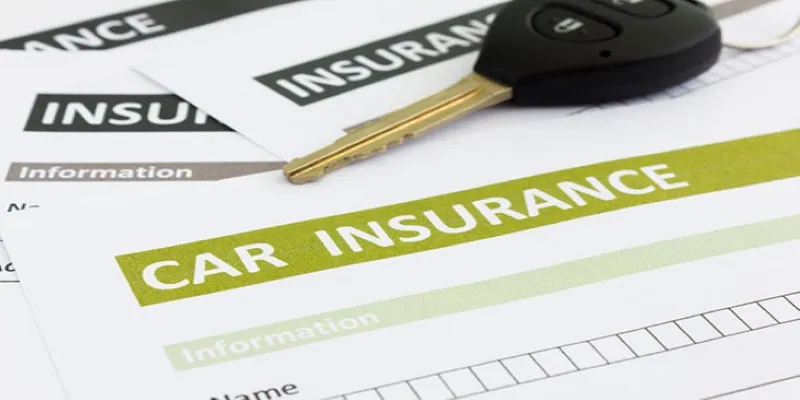What to Do If You Have an Accident in a Rental Car: Steps to Take
Getting into an accident is always a stressful situation, but it can feel even more overwhelming when you’re driving a rental car. Whether you’re on a business trip, family vacation, or just borrowing a car for convenience, the added complications of dealing with a rental car company and figuring out insurance coverage can make things more confusing.
Understanding the proper steps to take if you’re involved in an accident in a rental car is crucial for ensuring the situation is handled smoothly and with minimal hassle. This article will walk you through the essential steps to take after a collision and how to navigate the complex world of rental car insurance.
What to Do After a Rental Car Accident
Getting into an accident is stressful, but it can be even more overwhelming when driving a rental car. Whether you’re on a trip or using a rental for convenience, dealing with the rental company and insurance adds extra confusion. Knowing the right steps to take after an accident is key to handling the situation smoothly. This article covers the essential actions and how to manage rental car insurance complexities.
Assessing the Situation and Ensuring Safety
The first step in any accident, whether you’re in your vehicle or a rental car, is ensuring the safety of everyone involved. Once the vehicle has come to a stop, check yourself, your passengers, and any other parties involved for injuries. If anyone requires medical attention, call emergency services immediately. Safety should always be the top priority, and ensuring that everyone is out of harm’s way is crucial before addressing the rental car specifics.
If the accident is minor and you can move your vehicle without putting yourself or others at risk, relocate it to a safe area to prevent further accidents or road obstructions. Keeping the vehicle in a safe position will help you avoid further issues while waiting for assistance.
Documenting the Scene of the Accident
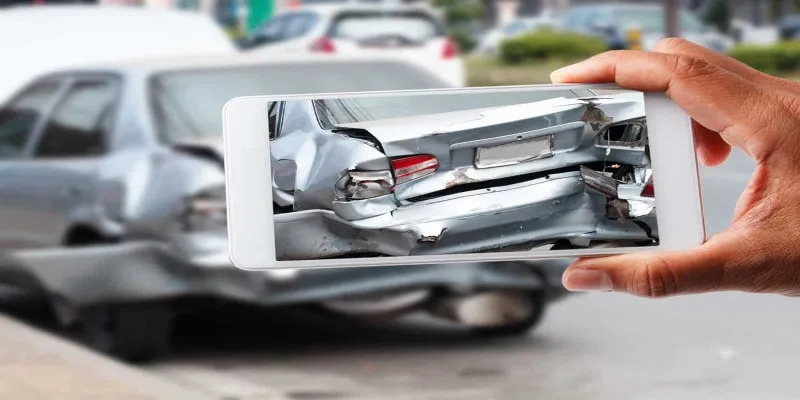
Documentation is crucial after any accident. Take photos of the scene, including vehicles, property damage, road conditions, and traffic signs, as this helps with insurance claims. Exchange details with the other driver, such as name, contact info, driver’s license, and insurance details. Also, note the make, model, and license plates of all vehicles. If there are witnesses, get their contact information too. This record simplifies dealing with the rental company and insurance.
Contacting the Authorities
After an accident, it’s generally a good idea to call the police—even if the accident appears minor. In many areas, police reports are required for insurance claims, especially if there’s significant damage or injuries. Having an official report on file will be helpful when dealing with both your insurance company and the rental car company.
Once the police arrive, provide them with a detailed account of what happened. Avoid admitting fault, as that determination will be made later by the authorities and insurance companies. Make sure to request a copy of the police report or obtain the report number to provide to the insurance companies and rental agency.
Contacting the Rental Car Company

After ensuring safety and gathering documentation, your next step should be to inform the rental car company of the accident. Most rental agencies provide an emergency contact number on their rental agreement, or you can find it online. Be prepared to provide the rental car company with all the details, including the accident report, your documentation, and any other relevant information.
The rental car company will guide you through their specific procedures for handling accidents, which may vary depending on the company. They may ask you to bring the car in for an inspection, or they may arrange for a tow if the vehicle is no longer drivable. Some companies may also provide a replacement vehicle if your rental is rendered unusable.
Understanding Rental Car Insurance Coverage
One of the most confusing parts of a rental car accident is understanding how insurance applies. Ideally, you reviewed the insurance options before driving, but if not, now is the time to clarify. If you purchased rental car insurance , it likely covers collision damage and possibly theft or liability, depending on your plan.
Collision damage waivers (CDW) or loss damage waivers (LDW) are common, but they don’t cover injuries or damage to other vehicles unless you added supplemental liability insurance (SLI). If you didn’t buy rental insurance, your personal auto insurance may cover it. Contact your insurer to confirm. Some credit cards also offer rental car insurance , so check with your card provider.
Filing a Claim with Insurance
Once you’ve contacted both the authorities and the rental car company , the next step is to file an insurance claim. Whether you’re relying on rental car insurance , personal auto insurance, or credit card coverage, you’ll need to provide them with all the documentation you gathered at the scene of the accident, including photos, the police report, and contact details for other parties involved.
The insurance company will likely ask for the rental agreement as well. If you used the rental car company ’s insurance, they might handle the claim directly, reducing the paperwork on your end. If you’re using your personal insurance or credit card, you’ll likely be responsible for coordinating between the various parties.
Returning the Car and Final Steps
Once everything has been processed, the final step is dealing with the rental car return. If the car is still drivable, the rental company may ask you to return it to their location for inspection. If it’s not, they’ll coordinate a tow and might provide you with a replacement vehicle. Be sure to collect all your personal belongings from the rental and confirm with the company that all paperwork related to the accident has been finalized.
Conclusion
Getting into an accident in a rental car can be complex, but staying calm and following key steps can help. Ensure everyone’s safety, document the scene, and contact the police, rental company, and your insurer. Knowing how rental car insurance works and being prepared before renting can save you trouble. Understanding your coverage and the process will help you handle the situation smoothly if an accident happens. Stay informed and ready for any road challenges.


